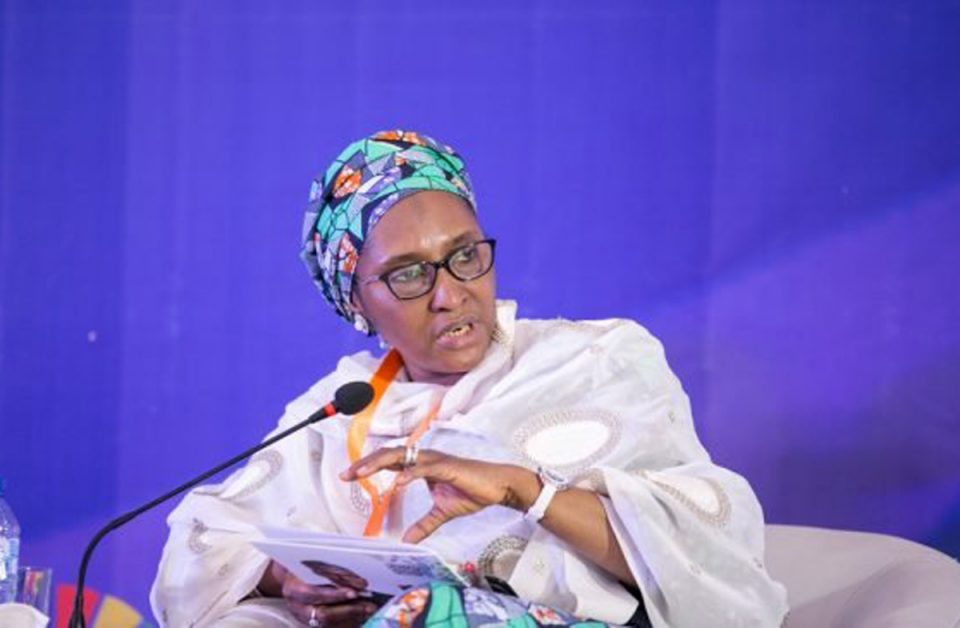- Fixes exchange rate at N360 to $1
The Federal Government said yesterday it was still looking forward to borrowing locally as well as tapping the international capital markets to finance its N5.36 trillion budget deficit for 2020 further threatened by the coronavirus pandemic.
Minister of Finance and National Planning, Zainab Ahmed, who spoke in Abuja after a virtual Federal Executive Council meeting said the government would also be using proceeds from privatisation programmes.
She spoke after the FEC approved a revised budget of N10.52 trillion on Wednesday, slightly down from N10.59 trillion approved earlier, adding that expenditures related to COVID-19 previously not included have now been added.
Nigeria’s economy, which relies on crude oil sales for 90 per cent of its foreign exchange earnings, has been hit hard by low oil prices following a Russian and Saudi Arabia row in addition to the impact of the global coronavirus pandemic.
The Minister told reporters the revised budget approved at Wednesday’s ministerial meeting assumed a crude oil price of $25 per barrel along with output of 1.94 million barrels per day and an exchange rate of N360 to $1.
With global oil prices plunging, Ahmed said in March that this year’s record N10.59 trillion ($29.42 billion) budget would be cut by about 15 per cent.
But yesterday, she announced a reduction of just N71.5 billion naira.
Ahmed said the deficit would be part-financed with borrowing from the International Monetary Fund, the World Bank, Islamic Devel- opment Bank and Afrexim Bank. The proposed changes require the approval of law- makers in the National Assembly before being signed into law by the president.
The Minister said “The Council approved our recommendations and the approval has these key parameters; “The crude oil price is approved at $25 per barrel, crude oil production is at 1.94 million barrels per day and an exchange rate of N360 to $1. The revised budget is now in the total sum of N10.523 trillion, a difference of just about N71.5 billion when compared to the approved budget. This is because, as we cut down the size of the budget, we also have to bring in new expenditure previously not budgeted, to enable us adequately respond to the CO- VID-19 pandemic.
“The Federal Government in this budget will have direct revenue of funding the budget of N5.158 billion. The deficit to this budget is N5.365 trillion and this will be financed by both domestic as well as foreign borrowing. The foreign borrowing we are doing for 2020 are all concessionary loans from the IMF which has already been approved and has crystallised, from the World Bank, Islamic Development as well as Afro EXZIM bank.
“There will also be some drawdown of previously committed loans for major ongoing projects that we will be drawing from both exiting facilities as well as some special accounts with the approval of Mr. President and the National Assembly. And also revenue that we are expecting to realise from privatisation. So the borrowing, the multilateral loans draw down coming from special accounts and coming from the privatisation will fund the fiscal deficit of N5.365 trillion that we have in the proposed amendment of the 2020 budget.”
Ahmed said the Council also approved $80 million from the Islamic Development B ank, for the 9construction of Abakiliki Ring Road project.
She said: “In addition to the loans that the minister of agriculture has mentioned, we requested on behalf of Ebonyi state government for a loan of $80 million from the Islamic development bank, for the construction of Abakilike ring road project.”




